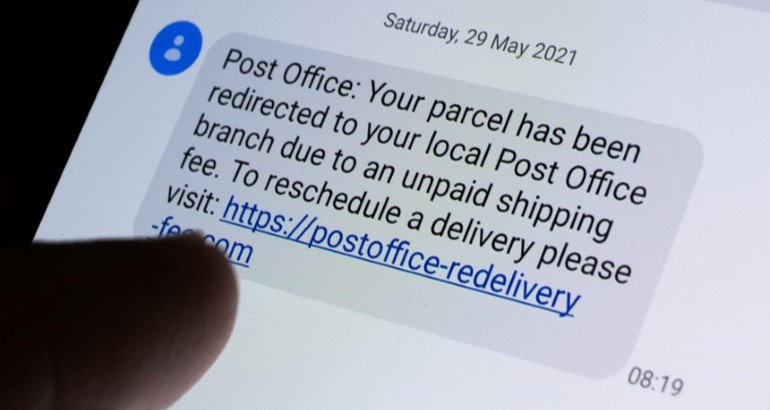Do you know about SMS subscription scams?

- Online threats





Overview
Have you ever received unfamiliar text messages asking you to subscribe to a service or click on a link? If you accidentally reply or click, you may become a victim of SMS subscription scam. SMS subscription scam is a common form of online scam where fees are deducted from your phone bill without your knowledge or personal information is stolen.
Contents
Why do people use SMS subscribers?
What are SMS subscription scams?
How to prevent SMS subscription scams?
What is an SMS subscriber?
An SMS subscriber refers to a provider who offers various services or content to users through text messages. These services or content can include news, weather updates, music, games, lotteries, and more. Some legitimate SMS subscribers charge users a certain fee with their consent and stop charging when the user cancels the subscription. However, there are also illegal SMS subscribers who take advantage of users' ignorance or curiosity to induce them to subscribe to unwanted services or content and deduct high fees from their phone bills without their knowledge.
Why do people use SMS subscribers?
For some users, using SMS subscribers may be a convenient and quick way to access services or content they are interested in. For example, some users may prefer receiving the latest news or weather forecasts through text messages without the need to open a browser or download applications. Additionally, some users may feel that using SMS subscribers is safer and more private than other methods because they don't need to provide their email addresses or other personal information.
What are SMS subscription scams?
SMS subscription scams refer to fraudulent activities conducted using SMS subscribers. Common forms of SMS subscription scams include:
① Inducing users to reply or click on links
This scam involves sending users seemingly normal or attractive text messages that require them to reply with a certain word or number or click on a specific link. For example, "Congratulations! You've won a prize! Reply YES to claim it!" or "You have an unread voicemail. Click here to listen!" If users reply or click, they are automatically subscribed to a service or content and charged fees on their phone bills.
② Impersonating legitimate organizations or companies
This scam involves sending users text messages that appear to be from legitimate organizations or companies, requesting them to provide personal information or bank account details. For example, "You have an unclaimed tax refund. Enter your bank account information to receive it!" or "You have a package delivery. Enter your name and address to confirm receipt!" If users provide their information, their identities or assets can be stolen.
③ Exploiting vulnerabilities for scam
This scam exploits vulnerabilities in mobile networks or devices for fraudulent purposes. For example, some scammers use the flash messaging feature to send users text messages that appear to be from their contacts, urging them to subscribe to a service or content. Flash messages are displayed on users' screens but are not saved on their phones. If users accidentally click on a flash message, they are subscribed to a service or content and charged fees on their phone bills.
How to prevent SMS subscription scams?
① Check your phone bill
You should regularly check your phone bill for any anomalies or unfamiliar charges. If you notice any suspicious charges, contact your mobile service provider immediately to request cancellation of the subscription and refund.
② Do not reply or click on unfamiliar texts
Exercise caution with any text messages from unknown numbers or those that appear suspicious. Do not reply or click on any content within them. If you're unsure about the legitimacy of a particular message, you can search for the number or content online or simply delete the message.
③ Use interception or blocking features
You can utilize interception or blocking features to prevent unwanted text messages. For instance, use the built-in blocking feature on your phone to block known spam numbers. Alternatively, you can use third-party applications to filter or label suspicious messages.
④ Use MetroVPN
MetroVPN is a professional and secure VPN service provider that can help protect you from SMS subscription harassment. MetroVPN provides you with an encrypted and secure network connection, keeping you safe from any network monitoring or attacks. This way, you won't be lured into malicious or fake websites and you won't disclose your personal information or bank account details.






